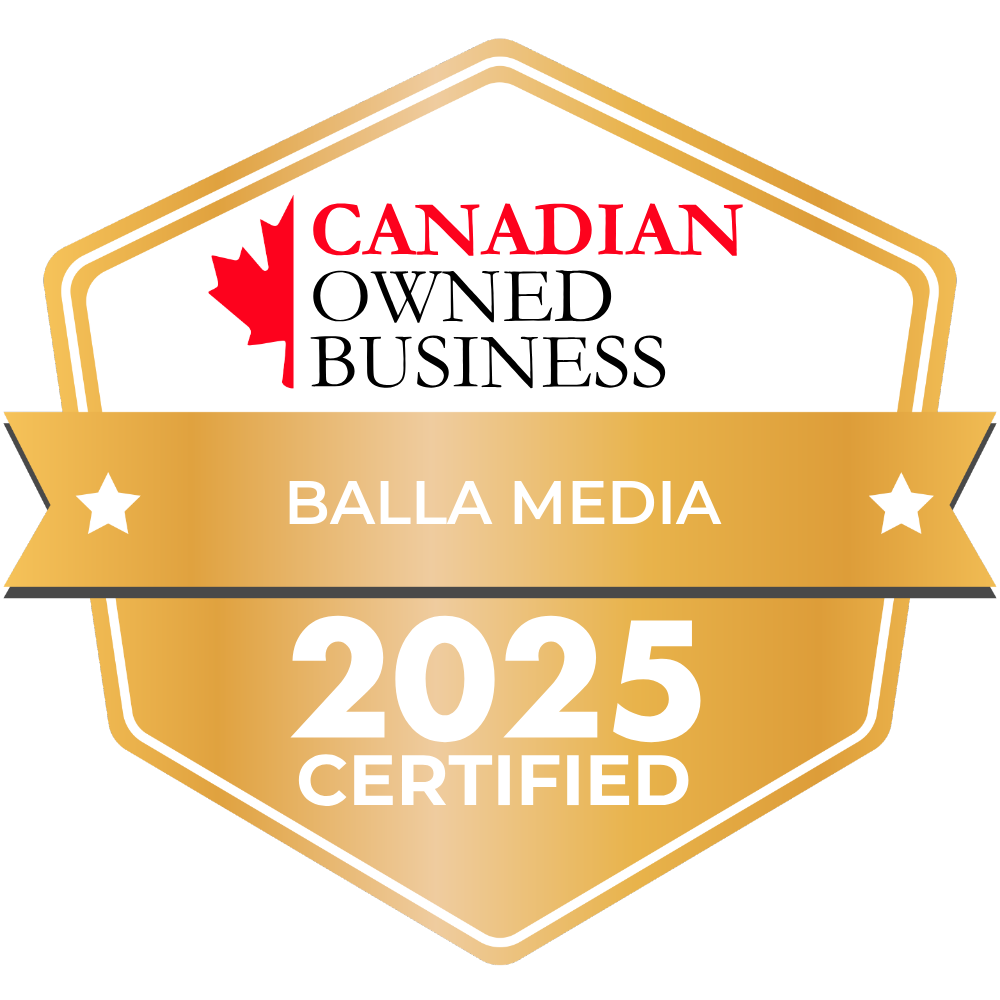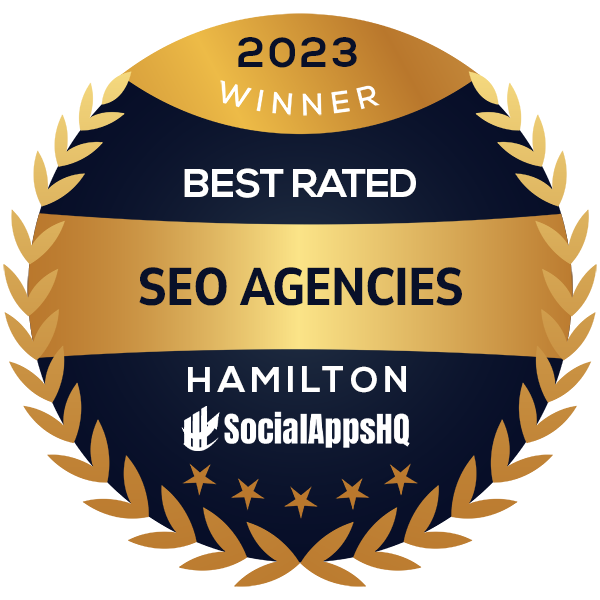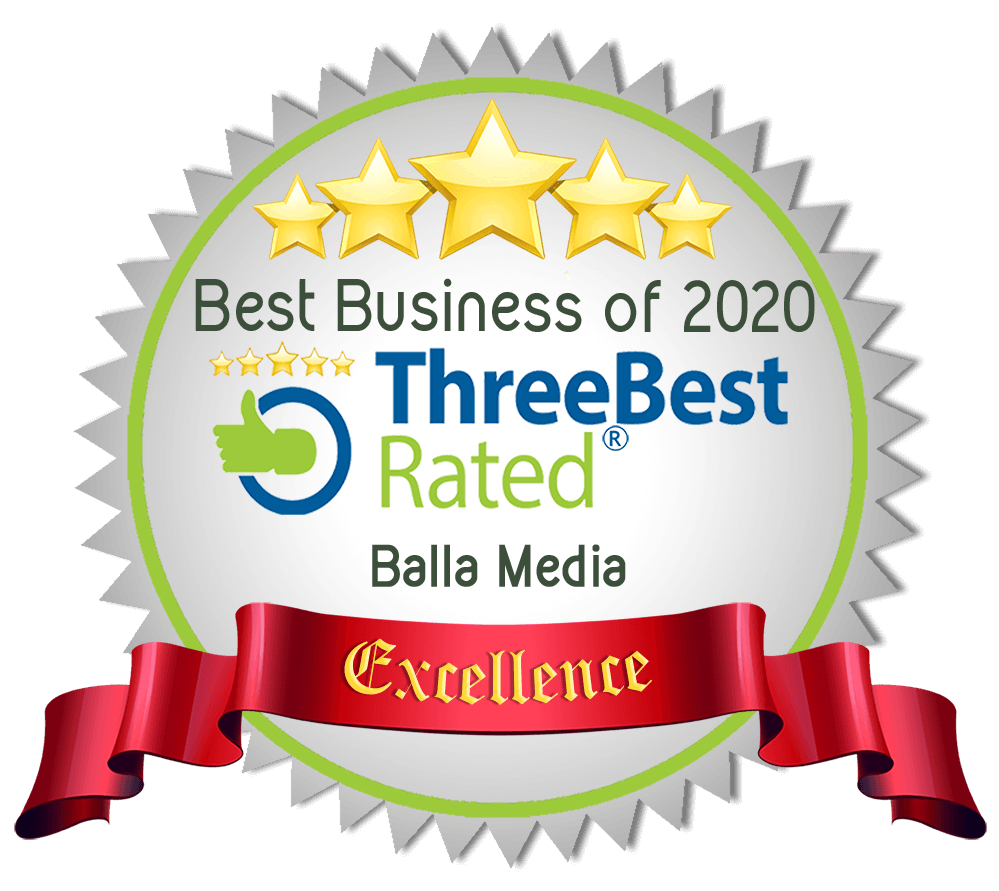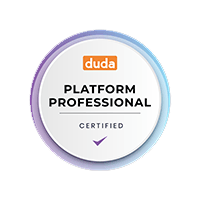9 Tips on Creating Content Marketing Campaigns for Small Businesses

According to research, small businesses make up 98% of all firms in Canada.
In other words, small businesses are a big deal. If you're a small business owner, you likely wear many hats. You're probably responsible for your business's finances, marketing, product development, and day-to-day operations.
With so much on your plate, it can be difficult to find the time and resources to create a content marketing campaign that'll help you achieve your business goals. Don't worry, though; we've got you covered.
This blog post will discuss nine tips for creating content marketing campaigns for your small business successfully.
Types of Content You Can Use for Your Content Campaigns
When creating content marketing campaigns, it's important to consider the different types of content available. Depending on your budget and resources, you may want to create a mix of the following:
- Blog posts
- Videos
- Podcasts
- Infographics
- Case studies
- eBooks
- Business website content
- Social media content
Each type of content has its benefits, so it's essential to select the types that will best help you achieve your goals. For example, creating an eBook or whitepaper might be a good option if you're looking to generate leads.
Creating videos or regular blog posts could be a better solution if you're trying to increase brand awareness. Here are some of the most effective tips on creating content marketing campaigns for small businesses.
1. Start By Solving Consumer Problems
If you can provide your audience with valuable information that helps them overcome a challenge they're facing, they'll be more likely to remember your brand when they need a product or service.
To get started, try creating a list of the top problems your target consumers face and then create content that addresses those issues. Consider your customer buyer's journey and the type of information they need at each stage:
- Awareness Stage: Topical blog posts that address common problems in your industry.
- Consideration Stage: In-depth guides and eBooks that provide comprehensive solutions to your audience's pain points.
- Decision Stage: Detailed product comparisons and reviews to help your audience make the best purchasing decision.
Keep in mind that you don't have to create all of this content yourself. You can also curate and share relevant content from other sources that will be helpful to your audience.
Content marketing is not about selling but about creating relationships. If you focus on creating valuable content that helps your audience solve their problems, you'll be on the right track to creating a successful content marketing campaign.
2. Educate Your Readers
One of the most critical aspects of creating content marketing campaigns is to educate your readers.
By providing valuable information, you can establish yourself as an expert in your field and build trust with your audience. When creating content, consider what topics would be most helpful for your readers and focus on creating quality, well-researched articles.
In addition to articles, creating infographics, how-to guides, and case studies are also great ways to educate your readers. By providing this valuable content, you'll not only build trust with your audience, but you'll also be more likely to convert them into customers.
Think about the topics you know well, and what would be helpful for your target audience. If you're a financial planner, consider creating content that educates your readers on the different types of investment accounts.
If you're a wedding planner, creating content on how to choose the right wedding venue could be helpful for your readers.
3. Create Long and Lean Content
If there's one thing you need to know is that long-form content performs better on searches.
Consumers love it because it's likely to be more inclusive and offer complete information on a topic, answering most of their questions simultaneously. You can use this to your advantage by creating regular blog posts, whitepapers, or even e-books that are at least 2,000 words long.
To make sure your long content is easy to digest, break it down into smaller paragraphs and include visuals like videos, infographics, and images.
You can also further engage your readers by adding internal links to other related content on your site. Not only will this help improve your search engine optimization, but it'll also keep visitors on your site longer, which is always a good thing.
Lean content means creating content packed with information and value but without any fluff or filler. Your readers will appreciate it, and so will the search engines. Here are a few tips on creating long and lean content:
- Make sure every sentence serves a purpose (if it doesn't, cut it out)
- Use active voice whenever possible as it's more concise and easier to read
- Get rid of any unnecessary adjectives or adverbs
- Be as specific as possible to make your content more valuable
Following these tips will help you create informative and engaging content, which is what you need to succeed with content marketing. Creating long and lean content may take a bit more time and effort, but it's worth it.
4. Take Advantage of Data
Small businesses can use data to their advantage when creating content marketing campaigns.
If you want your content marketing campaigns to succeed, you need to take advantage of data. This means creating buyer personas, understanding what type of content they're looking for, and using the right keywords.
Creating buyer personas is a process where you create fictional characters representing your ideal customer.
Once you have these personas, you can create content specifically tailored to their needs and wants. This will help improve your chances of conversion significantly.
To create buyer personas, you need to gather as much data as possible about your target audience. You can do this through surveys, interviews, and even social media research. With this information, creating the persona should be relatively easy.
If you're not sure what type of content your audience is looking for, take a look at your competitors. See what type of content they're creating and try to improve upon it.
Remember, you need to offer value if you want to succeed.
5. Create a Content Calendar
Creating a content calendar is an integral part of any content marketing campaign. This calendar will help you plan and track your content to ensure that everything is running smoothly. There are a few things you need to keep in mind when creating your content calendar:
- What type of content are you going to create
- Who is going to create the content
- When is the content going to be published
- Where is the content going to be published
Answering these questions will help you create a more effective and organized content calendar. Once you have all this information, you can start creating your calendar. There are a few different ways to do this, but we recommend using Excel or Google Sheets.
Stick to it as much as possible. Of course, there will be times when things come up, and you need to make changes. Still, a content calendar will help you stay on track and ensure that your content marketing campaign is successful.
6. Don't Overlook the Power of Visuals
When creating content, don't overlook the power of visuals. People are visual creatures, and adding images, infographics, and videos to your content will make it more engaging and enjoyable to read.
Posts with visuals get 98% more views than those without. Not only that, but people are also more likely to remember information if it's presented visually.
If you want your content marketing campaign to be successful, make sure you're incorporating visuals into your strategy.
First, you can add images to your blog posts and articles. This could be a featured image, or you could include images throughout the post. Just make sure they're relevant and add value to the article.
Another way to incorporate visuals into your content is by creating infographics.
Infographics are visual representations of information, and they're a great way to present complex data in an easy-to-understand format. People love infographics because they're visually appealing and informative.
7. Creating Awesome Social Media Content
Marketing businesses online would not be complete without the use of social media. Social media is a powerful tool that can help you reach a larger audience and promote your brand.
In 2019, about 14% of small businesses made sales through social media. This percentage is set to grow higher in the coming years, because social media works. There are a few things you should keep in mind when creating social media content:
- Make sure your content is interesting and informative
- Use images and videos to add visual interest
- Use hashtags to reach a larger audience
- Post regularly to keep your audience engaged
By following these tips, you can create social media content that will help you reach your business goals. Create interesting, visually appealing, and shareable content if you want your social media campaign to be successful.
8. Don't Underestimate the Power of Video
Talking about visuals, we can't forget about video.
Video is an incredibly powerful marketing tool, and it should definitely be a part of your content marketing strategy. In fact, including video on a landing page can increase conversion rates by 80%.
Videos are also great for SEO. They help you rank higher in search engine results pages, ultimately leading to more traffic and views. You're missing out on a huge opportunity if you're not using video as part of your content marketing campaign.
There are a few different ways you can use video in your content marketing campaigns. You could create promotional videos, product demonstrations, how-to guides, or even short clips to accompany your blog posts.
No matter what type of videos you create, just make sure they're high quality and offer value to your audience.
People are also more likely to share videos than any other type of content. So, if you want your content marketing campaign to reach a wider audience, start creating videos.
9. Pay Attention to Analytics
It's essential to pay attention to your analytics when creating content marketing campaigns. You’ll understand what's working and what's not, so you can adjust your strategy accordingly.
There are a few different metrics you should be tracking, such as page views, unique visitors, bounce rate, and time on site. By monitoring these metrics, you'll see which content pieces are performing well and which ones need improvement.
Analytics will also help you better understand your audience. You'll be able to see things like where they're from, what type of content they're interested in, and how they found your site. This information will be invaluable as you create future content marketing campaigns.
Creating Content Marketing Campaigns: Get Started Today
As you can see, creating content marketing campaigns for small businesses doesn't have to be complicated. By following these simple tips, you can create high-quality content that will help your business attract new customers and grow its online presence.
If you lack the time or resources to create content yourself, consider working with a content marketing agency. With the help of professionals, you can create a campaign that truly reflects your brand and resonates with your target audience.
In this case, please get in touch with us today and we'll be more than glad to work with you.
Balla Media - Industry Insights









